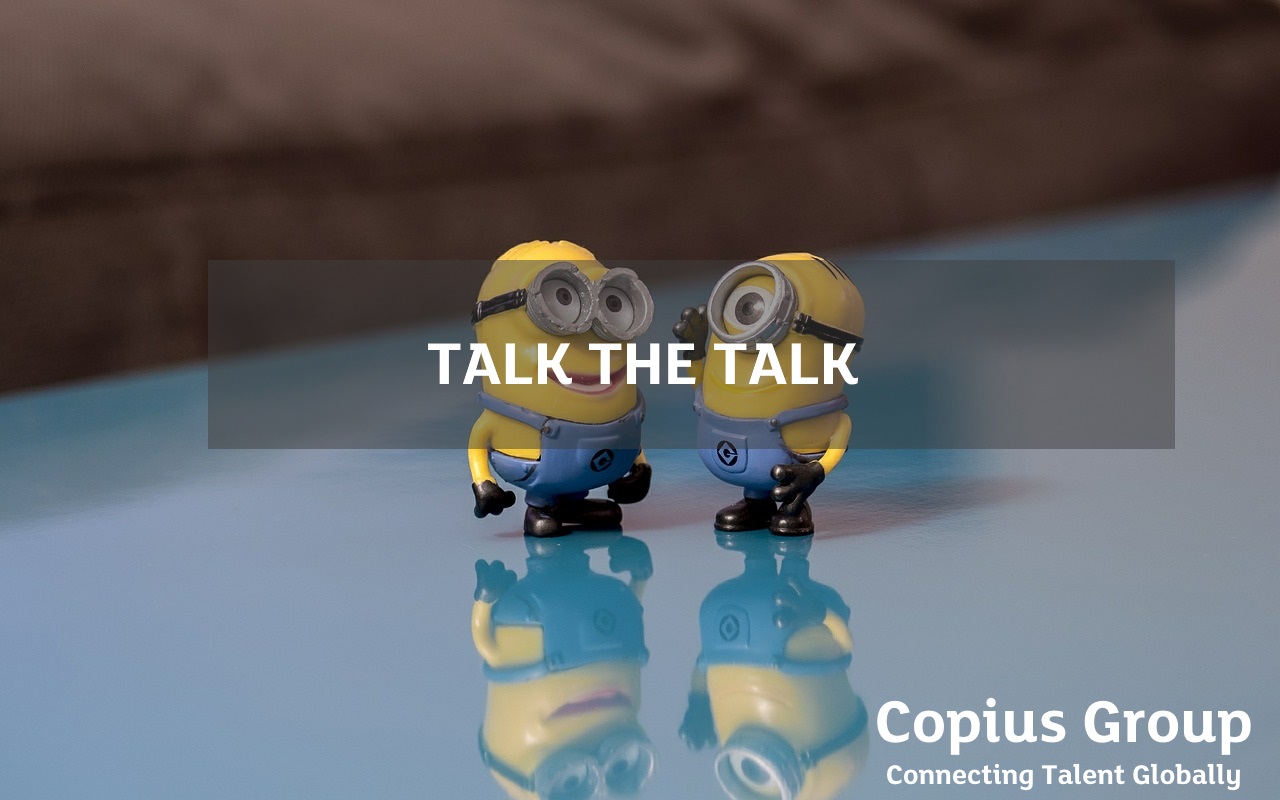
Communication is a key skills we can ever learn and need to constantly develop. It lends itself to everything we do— may it be communicating with work colleges to meet deadlines and/or in meetings, or communicating with friends, work colleagues to build strong relationships or whether it is categorising your skills and expertise in an interview situtation. Here’s some top six tips to help sharpen your communication skills.
- Be concise
Whether you’re communicating face to face or on the telephone, keep your communication simple and to the point. Avoid irrelevant information that can confuse the people listening, or bore them to the point they lose interest and stop hearing you.
It’s important to not mistake being succinct for being blunt or abrupt, while your communication should be concise you should also try to always be friendly. A great way to pressure test whether you’re being succinct is to ask yourself if what you are about to say is useful to the conversation at hand.
- Be specific
While small talk stands in the way of your point being heard, do put across all the relevant information a person needs. When you have a deadline set, make anyone else involved or overseeing the project aware of it. If you have elements you’d like to see in a finished project, don’t assume a colleague will guess. Always articulate all the relevant information if you want to ensure that your message is clear and correctly heard.
- Approachability
Eye contact is key to your communication, it shows engagement and respect, a relaxed stance and a smile – and ensure your tone conveys approachability. Remembering these key items will make the person you are talking to more likely to want to help you, it also makes them more engaged and more open to asking questions if they need to clarify any part of your request!
- Listen Attentively
Effective communicators know conversation is a two-way street. Attentive listening means giving the person you are talking to your undivided attention. eye contact and nodding along means giving cues you are paying attention. After you have heard what they are saying, you can clarify and consolidate what they are saying by paraphrasing back to them, or asking questions to clarify anything you may not understand.
- Listen and Learn
What to see the pros in action, watching TED Talks online, who’s speakers are highly skilled at engaging an audience on every topic. While watching, ask yourself what do I like about the way they are speaking or presenting? In contrast, if you find yourself conversing with someone who is not particularly engaging, observe what doesn’t work, nothing shows you just how ineffective mumbling, looking around the room, repeating yourself or sharing too much irrelevant information is quite like experiencing it yourself!
- Always enter a conversation with two things clear in your mind
Before you even start a conversation, or pick up the phone, ensure you know what it is you wish to say; and secondly, that you’re expressing it in an appropriate manner. This means using words, tones, and asking questions that will not rattle you and will not make the other person feel awkward.
Effective communication skills are often the difference between hovering on the ground floor and stepping your career up to a leadership level. Use every conversation as an opportunity to sharpen your skills – and try these out one at a time if you’re nervous about changing your style.




